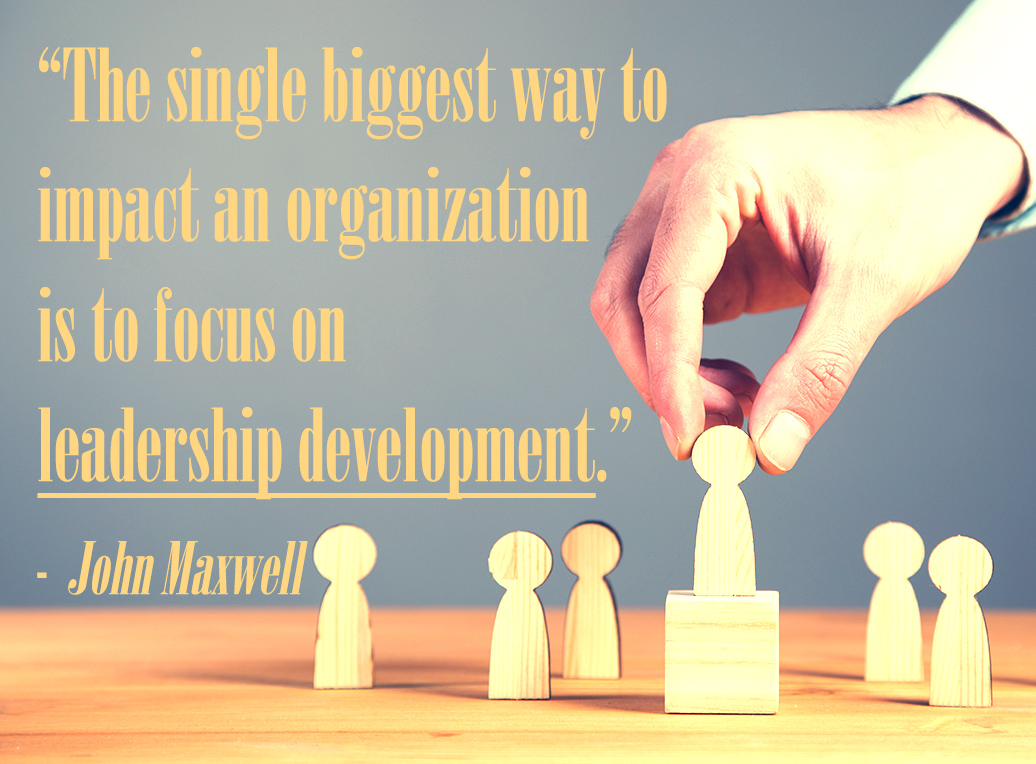“Seems like we discuss this at least once a year” starts Martin, “Someone has a manager whose management style is not working and whose team’s morale is suffering from it… now it’s my turn. We promoted Joe to a management position about 9 months ago, but now I’m wondering if that was a mistake. How do I know if we made a mistake and should just cut our losses?”
“Common problem,” chimes in Cindy. “How long has Joe been with your company? What made you promote him in the first place?” “Joe actually joined the company right out of college; he’s been with us almost eight years now,” responded Martin. “He works in our Accounting Department. He really was a high performer. He was quite innovative using technology to improve / streamline our processes. He stood out in the accounting department. Seemed like he had this endless energy to make things better. He was even pretty good with people outside of accounting who found some of our accounting processes bureaucratic and inflexible, which they probably were! Seems like that’s a common complaint about accounting policies. His manager, Melissa, thought he was ready for the next step. His performance reviews by her were always high. Melissa let us know she was retiring; seemed like Joe was the perfect replacement.”
“Hmmm,” thought Sarah. “How was he perceived / accepted by his peers?” You could tell Sarah had seen this before. “Well, I think like with many high performers, his teammates are a little envious,” Martin acknowledged. “They were content to keep things as they were, and Melissa was OK with that. Innovation in accounting is not common; I’m sure Joe ruffled some feathers. But his work with the sales team, getting their commission reports and payments timely, accurate and clearly understood really helped a lot with morale in sales. Our sales manager was totally behind Joe’s promotion.” “OK; another question”, Sarah continued, “is Joe the youngest person in accounting? Was he promoted over people who had been there longer?” “How do you know so much about my employees?” wondered Martin! “Been there; done that” retorted Sarah. “I assume there’s some friction now between Joe and his direct reports … am I correct?” “You nailed it”, sighed Martin.
Mike jumped in, “So what leadership training or mentoring have you provided to Joe?” “We only have about 60 employees,” responded Martin; “we aren’t a Fortune 100 company with an extensive HR Training Department. I congratulated Joe for his promotion and wished him well.” “We’re not much bigger than you, Joe,” Mike continued; “but I learned a while ago that the transition from ‘high-performing employee’ to leader / manager wasn’t always smooth. It’s even more challenging when the promoted manager does not have the longest tenure, or is a real change-maker. Sounds like that kinda describes Joe.”
Don jumped in, “When I first got promoted to a management position at HP, they sent me to ‘New Managers Orientation’; there were probably 10 or 12 new managers in the room. Of course, HP is a Fortune 100 company with more resources than most. But I still remember the analogy that the facilitator used to open the training: ‘Using a baseball analogy, if you’re in this room, you were probably the star player on the team; you were the shortstop with the highest batting average. But now you’re the manager. You’re measured by the performance of the players on the field, but you’re not one of them. You’re the manager in the dugout! You don’t even get to go out on the field and play.’ That analogy really made sense to me. I realized this was a whole new ballgame 😊”
“OMG; did you really just call it a ballgame?!” groaned Cindy. “Sorry; couldn’t resist,” defended Don.
Mike agreed. “Look, Martin, we’ve got 80 – 90 employees, but we’ve learned that we need to put every new manager into a leadership development program of some kind. Plus, we need to assign them an in-house mentor. We kinda let them pick their own mentor; sometimes it’s me. But they must meet regularly with their mentor to help them up the learning curve.” Cindy also approved: “Yes, we’ve found some excellent programs locally that are very effective. Don’t think that you can just give him a book to read; or send him to the cheapest 2-day training you can find. It’s well worth the investment. You’re expecting him to learn new behaviors; it takes time and practice to master leadership techniques; it takes longer for some than others. But I agree with Mike, assigning them an internal mentor helps them learn how to apply the principles they’re learning to their specific situation. Someone in house probably knows some of the dynamics that are in play as well.”
“I guess I kinda set Joe up for failure,” Martin acknowledged out loud. “Having him take over for Melissa, who never ruffled anyone’s feathers, managing a department where most everyone had been there longer than him was probably not the easiest situation. We’ve always had a ‘sink or swim’ attitude; but maybe that’s not the best. Can you give me some referrals to the programs you use?” “Absolutely, responded Cindy. “Absolutely’, responded Mike.
——–
If you’ve ever wondered what you could learn from your peers, found yourself feeling a bit lonely at the top and/or wanting to get feedback / confirmation from trusted colleagues, yet had no inner circle of trusted confidantes to turn to, this is your chance to give Inner Circle CEO Peer Groups a try.
Request to participate in an actual session at no cost with no obligation to join and a 90-day money back guarantee.
Hear what one member says about why trying Inner Circle is worth a shot!



POLL
According to a Mercer Mettl leadership study, what was the average length of leadership development programs?
- 1 month
- 2 months
- 3 months
- 6 months
- 8 months
- 12 months
- > 12 months
NOTE: Once you vote, the correct answer will be given.




